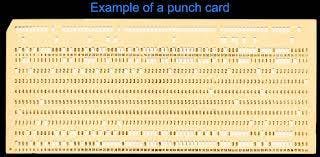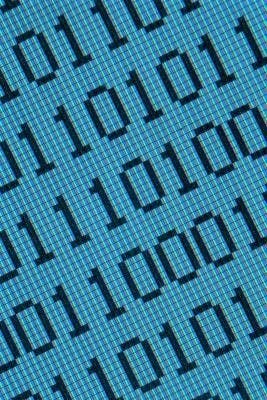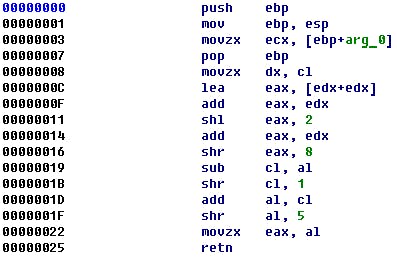Ever wondered how a line of code in different programming languages could be understood by the computer after being compiled into machine code? Well, in this blog you will get a clear understanding of how programming languages started and how they have evolved from what they were then to what they are today.
Table of content.
- What is a programming language.
- How it all began.
- Where it has gotten to.
- Can you create your own programming language.
- Conclusion
- Reference.
What is a programming language
A programming language is simply a method that allows a human to give instructions to a machine that has stored programs. Now that you have an idea of what a programming language is, let's now find out where it all started.
How it all began
Ada Lovelace wrote the first code in the 1800s, and it was called Ada Lovelace. Programming and codes go back to math and machinery, and they didn't begin with computers. It was done by punching cards that performed arithmetic operations. If any mistake is made while punching, you will have to begin with a new card.
This really must have been frustrating, especially when you make a mistake, so this gave birth to the Atanasoff–Berry computer, the world's first electronic digital computer, which was created on the Iowa State University campus between 1939 and 1942 by John V. Atanasoff, a professor of physics and mathematics, and Clifford Berry, an engineering graduate student. In the early 1950s, the first functional programming languages for communicating instructions to a computer were written.
Short Code, suggested by John Mauchly in 1949, was one of the earliest high-level languages for electronic computers. Short Code statements, unlike machine code, represent mathematical expressions in a human-readable format. However, every time the program ran, it had to be translated into machine code, which made the process significantly slower than running similar machine code.
This later led to the invention of the first compiler, FORTRAN, by IBM. Programming languages exploded in popularity between the late 1960s and the late 1970s. During this time, the majority of the major language paradigms that are currently in use were developed.
 Above is an example of a punch card.
Above is an example of a punch card.

 Above are the Short code example.
Above are the Short code example.
Where it has gotten to
The next major historical event in programming languages was the rapid growth of the Internet in the mid-1990s. The Internet created an opportunity for new languages to be adopted by opening up a radically new platform for computer systems.
The JavaScript programming language, in particular, gained popularity as a result of its early integration with the Netscape Navigator web browser. Other scripting languages, such as PHP, have become widely used in the development of customized web server applications.
The way programming has evolved may not be so significant to many people, but if you were back in those days, you would understand how significant and helpful the growth of programming languages has contributed to the rise of many advanced technologies. Then the next thing you may have asked yourself now is, can I create my own programming language? To this I can say "Yes," but it comes down to one critical factor, which will be discussed below.
function toCelsius(fahrenheit) {
return (5/9) * (fahrenheit-32);
}
document.getElementById("demo").innerHTML = toCelsius(77);
Above is an example of a Javascript code
Can you create your own programming language
The most critical and important step in creating a computer language is creating a compiler. While computers can't understand any language directly, you'll need to provide a way for them to figure out how to interpret your language code. This tool is known as a compiler.
You can create your own compiler using a language like C/C++ or an assembly language.
You now understand why creating a language compiler is required. What's more, what's in the compiler?
Compilers save information about your language's syntax, grammar, and how to act and what to do under certain circumstances, so when your compiler is set, you should be ready to use the syntax you believe will be best for your programming language.
It is commonly said that the stages in which a programming language was born were as a result of every now and then, someone becoming frustrated ends up writing a new higher level language using the previous language in order to make the job of a software developer easier.
This really has been the scenario of the birth of different programming languages, each with their own unique syntax and characters, and how they are executed.
Conclusion
I believe from this blog you have been able to get an understanding of how programming languages started, and I will be glad to get your feedback on what you think and where you see programming heading in the future.
Reference:
programming language by Wiki en.wikipedia.org/wiki/History_of_programmi…
You can follow me for more educative and inspiring articles on Tech,Data engineering and Machine learning.